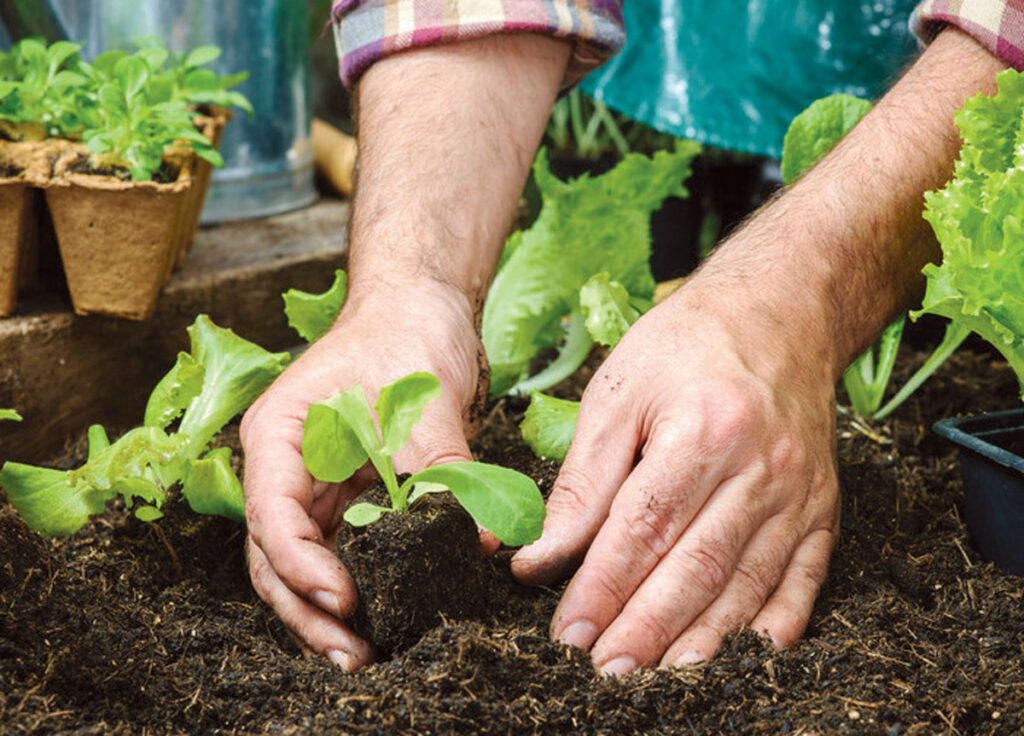If you’re wondering whether Goodwill accepts garden tools, you’re not alone. Many people want to donate their gently used tools but aren’t sure if they’re eligible. Knowing what items Goodwill takes can save you time and help you make the most of your donation.
Goodwill typically welcomes donations that are in good condition and ready for reuse. However, when it comes to garden tools, there are a few important details to consider. Understanding their guidelines ensures your donation supports their mission and finds a new home quickly.
Understanding Goodwill Donation Policies
Knowing Goodwill’s donation policies helps you decide if your garden tools qualify for donation. This section breaks down the typical items accepted and specific guidelines to follow.
What Items Does Goodwill Typically Accept?
Goodwill accepts a wide range of household items, clothing, and small appliances. Typical donations include:
- Clothing: Shirts, pants, coats, and shoes in good condition
- Household goods: Dishes, cookware, and small decorative items
- Electronics: Working devices such as phones, tablets, and laptops
- Books and media: Paperback books, DVDs, and CDs if undamaged
- Furniture: Clean, functional pieces without major damage
Goodwill generally avoids accepting large or hazardous items that require special handling.
Overview of Goodwill’s Donation Guidelines
Goodwill requires donations to be clean, functional, and safe for resale. For garden tools specifically, the tools must:
- Be in good working condition without rust or broken parts
- Not pose safety hazards such as sharp edges exposed without protection
- Be appropriately sized for transport and storage by Goodwill staff
Donations that fail to meet these criteria often cannot be accepted and might cause delays in processing. Checking your local Goodwill’s specific list of accepted items helps ensure smooth donation experience.
Does Goodwill Take Garden Tools?
Goodwill accepts garden tools as donations when they meet specific criteria. Understanding these guidelines helps your donation find a new home quickly and supports Goodwill’s mission effectively.
Types of Garden Tools Accepted
Goodwill accepts hand tools and power tools used for gardening, such as:
- Shovels, rakes, and hoes
- Pruners, shears, and loppers
- Garden trowels and cultivators
- Lawn edgers and weeders
- Electric or battery-powered trimmers, blowers, and chainsaws
Large, commercial-grade equipment or items missing essential parts typically aren’t accepted. You can verify your local Goodwill’s accepted items list for precise details.
Conditions and Requirements for Garden Tool Donations
Goodwill requires garden tools to be clean, fully functional, and free from rust, cracks, or broken parts. Tools must pose no safety risks, such as exposed wiring on electric tools or damaged handles. Non-working or heavily damaged tools may be rejected to avoid hazards and ensure resale quality. Testing powered tools before donation guarantees they operate reliably. Packaging and presenting tools safely improves your donation’s acceptance chances.
Preparing Garden Tools for Donation
Preparing garden tools properly ensures Goodwill accepts them and helps them find new users quickly. Focus on cleaning, repairing, and packaging your tools to meet their standards.
Cleaning and Repairing Tools
Clean all dirt, debris, and rust using a wire brush and mild detergent. Dry tools thoroughly to prevent corrosion. Sharpen blades on pruners, shears, and lawnmower attachments to enhance functionality. Tighten loose handles and replace missing parts when possible. Test power tools to confirm they operate safely and smoothly with no exposed wiring or damaged cords.
Packaging and Presentation Tips
Group smaller hand tools in a box or sturdy bag to avoid damage during transport. Wrap power tools in bubble wrap or protective material, securing cords with twist ties. Label boxes clearly with contents for easy identification. Avoid donating tools that are oily or carry strong odors to maintain a clean donation space. Present tools neatly to improve their appeal and chances of acceptance.
Alternatives for Donating or Recycling Garden Tools
Donating or recycling garden tools extends their lifespan and reduces waste when Goodwill does not accept them. Exploring reliable alternatives ensures your tools find a proper new use or disposal.
Other Charitable Organizations
Several nonprofits accept garden tools in good condition for community programs or resale. Habitat for Humanity ReStores often take hand and power tools that function well. Local community gardens and schools may welcome donations of usable garden equipment for their projects. Salvation Army stores sometimes accept garden tools but enforce similar condition standards as Goodwill. Contact these organizations to confirm their current policies and drop-off locations before donating.
Local Recycling and Disposal Options
Recycling centers and municipal waste services offer dedicated programs for garden tools that are unusable or unsafe for donation. Scrap metal recyclers accept rusted or broken metal tools for material recovery. Some cities provide special collection days or drop-off spots for bulky garden equipment. Household hazardous waste facilities handle power tools with batteries or motors. Check your city or county website for specific recycling guidelines and accepted items to dispose of garden tools responsibly.
Conclusion
Knowing whether Goodwill takes garden tools helps you donate with confidence and support a good cause. By ensuring your tools are clean, functional, and safe, you increase the chances they’ll find a new home quickly. If your garden tools don’t meet Goodwill’s criteria, there are other great options to consider for donation or recycling.
Taking the time to prepare your garden tools properly not only benefits Goodwill but also helps reduce waste and promote sustainability. Your thoughtful donation can make a real difference in your community.

Hi, I’m Md Rofiqul, a gardening enthusiast who loves spending time in the garden and backyard. I enjoy caring for plants, growing flowers and vegetables, and creating a green space that feels peaceful and refreshing. Gardening is more than just a hobby, it’s a passion that connects me to nature and brings joy to my daily life. Living with plants inspires me to embrace simplicity, patience, and sustainability while making every day more colorful and rewarding.
